Workplace robots can bring down pension age, says TUC
Economic gains from technological revolution could help tackle the challenge of an ageing population
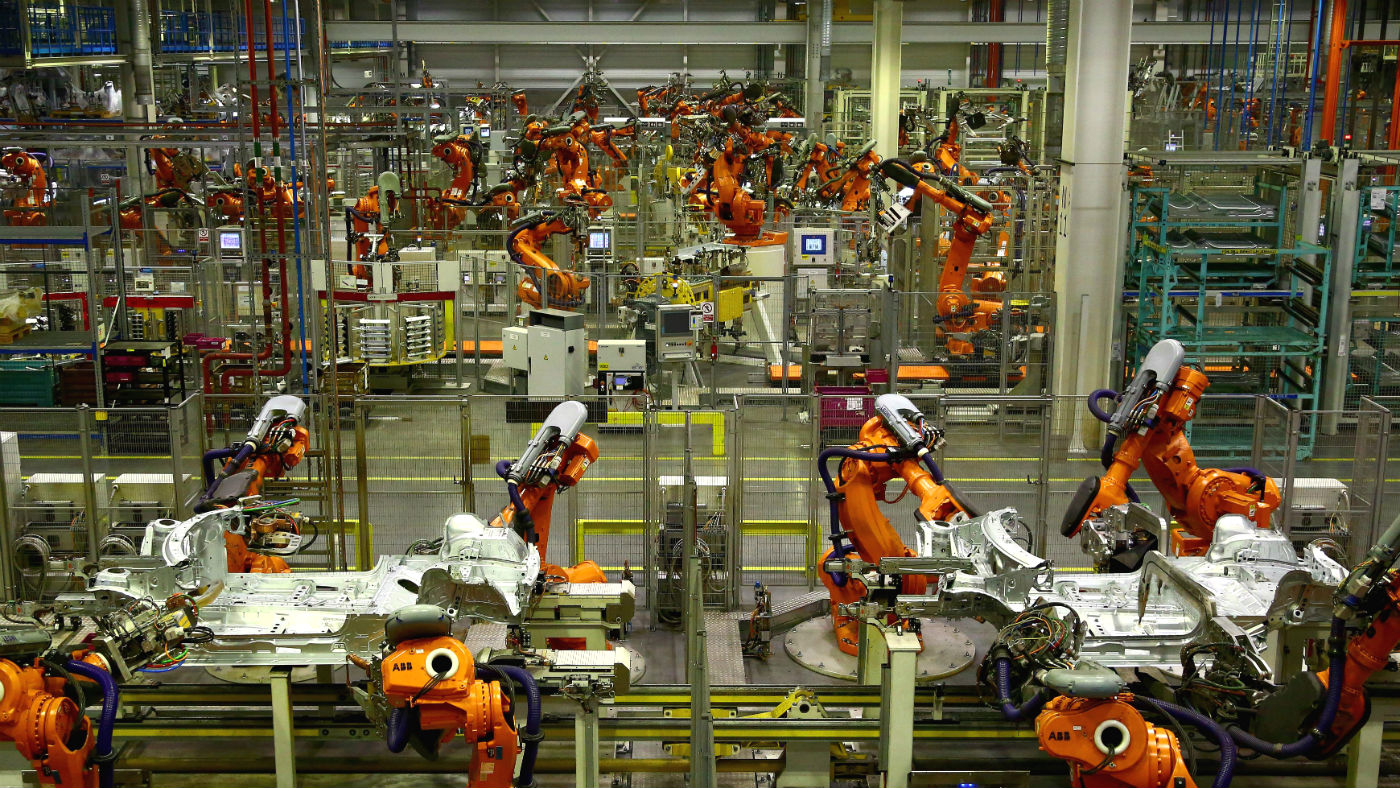
A free daily email with the biggest news stories of the day – and the best features from TheWeek.com
You are now subscribed
Your newsletter sign-up was successful
Economic gains resulting from the increased use of robots in the workplace should be used to reverse plans to raise the state pension age, the TUC says.
The recommendation accompanies a report by the trade union body exploring ways in which artificial intelligence, digitisation and robotics could be used to help tackle the challenge of an ageing population.
Acknowledging the "profound and rapid" technological change currently underway in the workplace, the TUC argues that "rather than viewing robots and artificial intelligence as a threat, the productivity and economic gains that new technology bring could be used to lengthen retirement for workers", the Financial Times reports.
The Week
Escape your echo chamber. Get the facts behind the news, plus analysis from multiple perspectives.

Sign up for The Week's Free Newsletters
From our morning news briefing to a weekly Good News Newsletter, get the best of The Week delivered directly to your inbox.
From our morning news briefing to a weekly Good News Newsletter, get the best of The Week delivered directly to your inbox.
In July, the government decided to bring forward a rise in the state pension age to 68 for Britons born between 1970 and 1978. This is expected to affect about seven million people in their late 30s and early 40s.
In response, TUC general secretary Frances O'Grady, said robots and AI "could let us produce more for less, boosting national prosperity" but only if we have a serious debate "about who benefits from this wealth and how workers get a fair share".
She cited analysis from PricewaterhouseCooper suggesting British GDP could receive a ten per cent boost from productivity gains linked to artificial intelligence by 2030. This would "dwarf" the 0.3 per cent saving in GDP estimated by the Office for Budget Responsibility brought about by increasing the state pension age.
The TUC also said workers should be given the right to a midlife career review and firms should invest more in workplace training. "At present, the UK invests just half of the EU average," reports The Guardian.
A free daily email with the biggest news stories of the day – and the best features from TheWeek.com
-
 Political cartoons for February 21
Political cartoons for February 21Cartoons Saturday’s political cartoons include consequences, secrets, and more
-
 Crisis in Cuba: a ‘golden opportunity’ for Washington?
Crisis in Cuba: a ‘golden opportunity’ for Washington?Talking Point The Trump administration is applying the pressure, and with Latin America swinging to the right, Havana is becoming more ‘politically isolated’
-
 5 thoroughly redacted cartoons about Pam Bondi protecting predators
5 thoroughly redacted cartoons about Pam Bondi protecting predatorsCartoons Artists take on the real victim, types of protection, and more
-
 Is a financial market crash around the corner?
Is a financial market crash around the corner?Talking Points Observers see echoes of 1929
-
 The AI bubble and a potential stock market crash
The AI bubble and a potential stock market crashToday's Big Question Valuations of some AI start-ups are 'insane', says OpenAI CEO Sam Altman
-
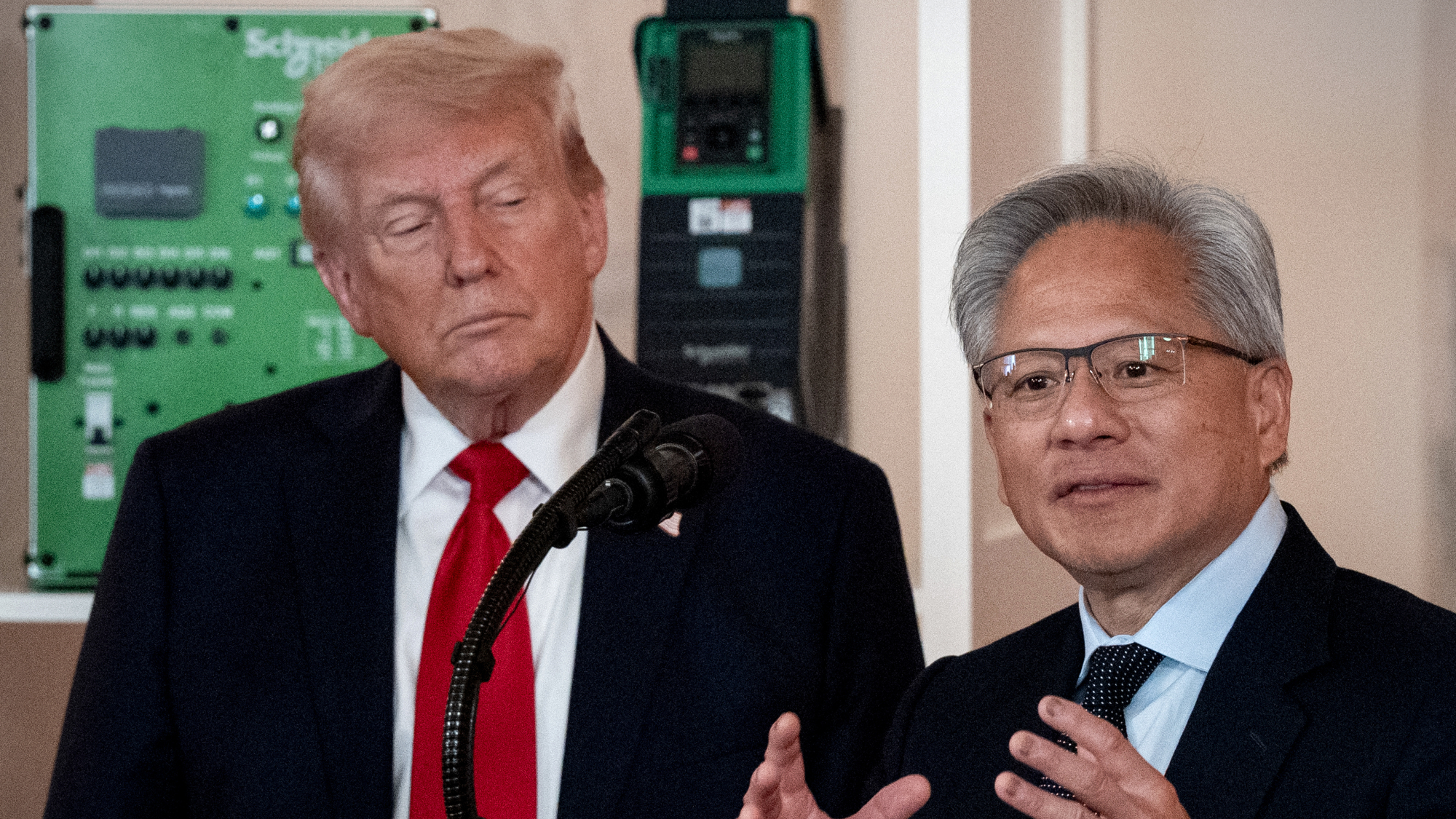 US to take 15% cut of AI chip sales to China
US to take 15% cut of AI chip sales to ChinaSpeed Read Nvidia and AMD will pay the Trump administration 15% of their revenue from selling artificial intelligence chips to China
-
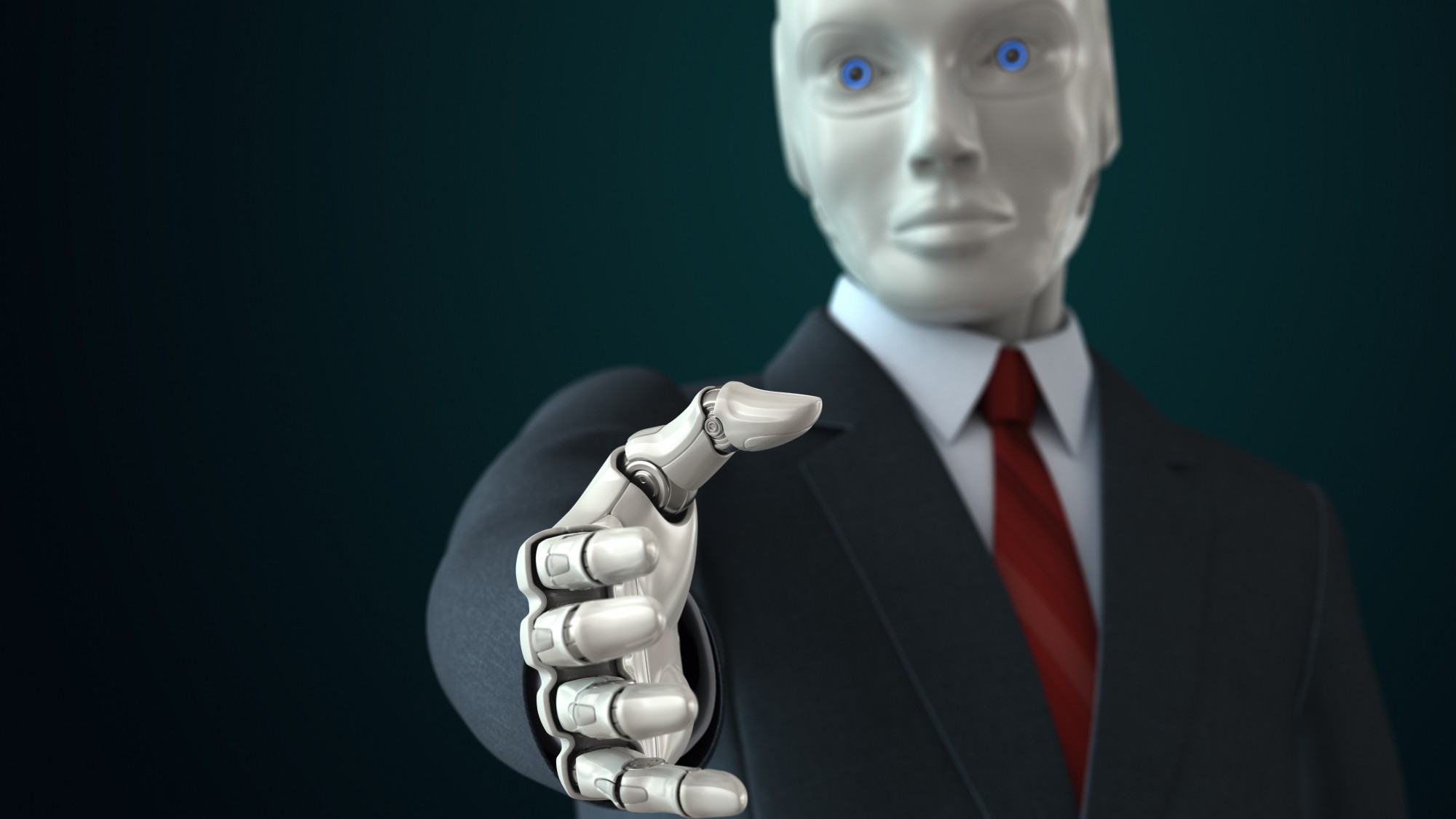 Why 'faceless bots' are interviewing job hunters
Why 'faceless bots' are interviewing job huntersIn The Spotlight Artificial intelligence is taking over a crucial part of recruitment
-
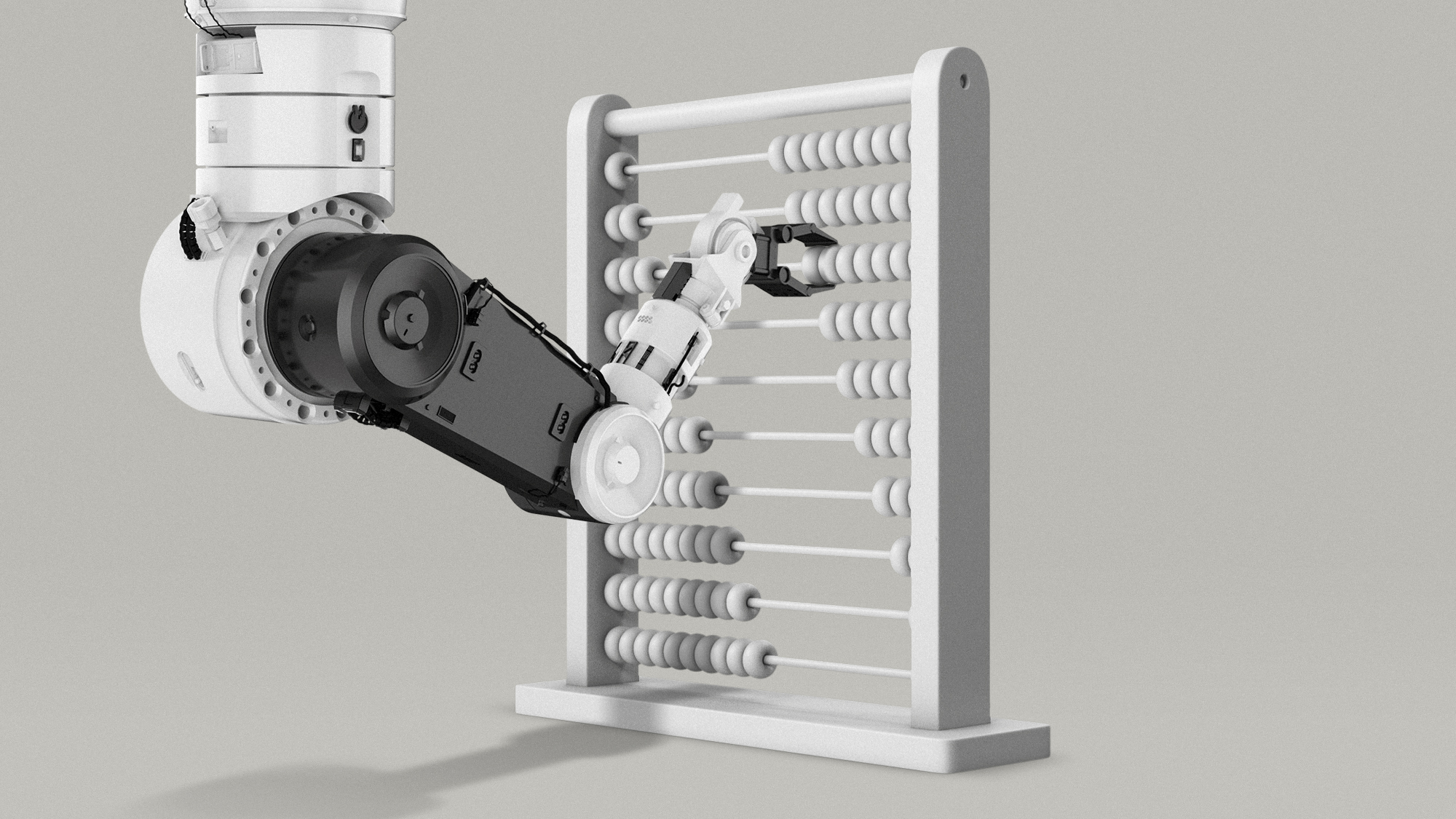 How is AI reshaping the economy?
How is AI reshaping the economy?Today's Big Question Big Tech is now 'propping up the US economy'
-
 AI is creating a luxury housing renaissance in San Francisco
AI is creating a luxury housing renaissance in San FranciscoUnder the Radar Luxury homes in the city can range from $7 million to above $20 million
-
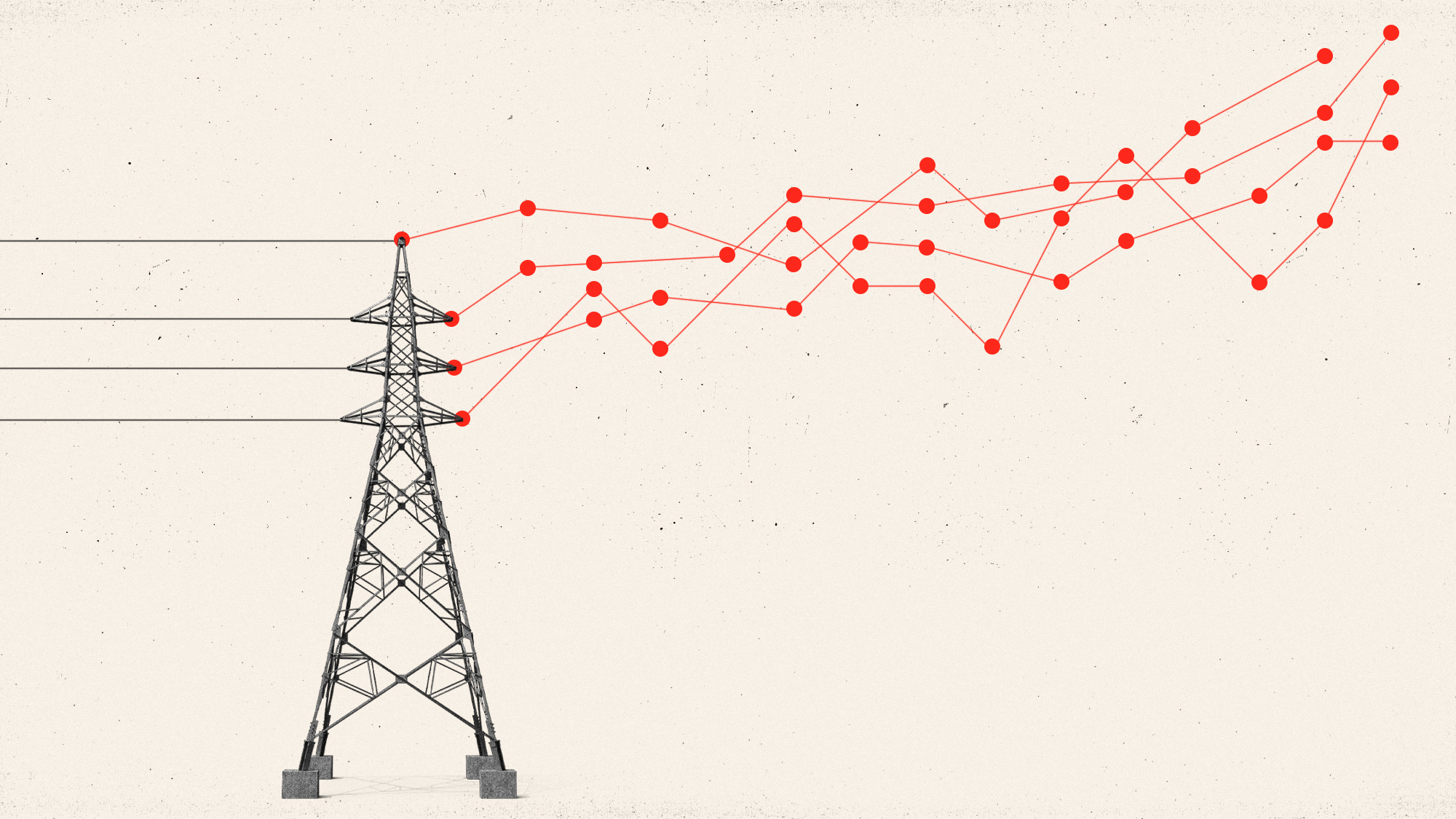 Why are electric bills rising so fast?
Why are electric bills rising so fast?Today's Big Question Data centers for artificial intelligence and the cost of natural gas both contribute
-
 Shaky starts: A jobs drought for new grads
Shaky starts: A jobs drought for new gradsFeature The job market is growing, but Gen Z grads are struggling to find work